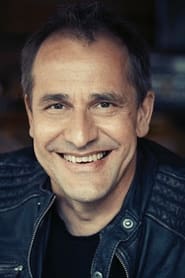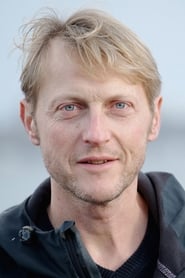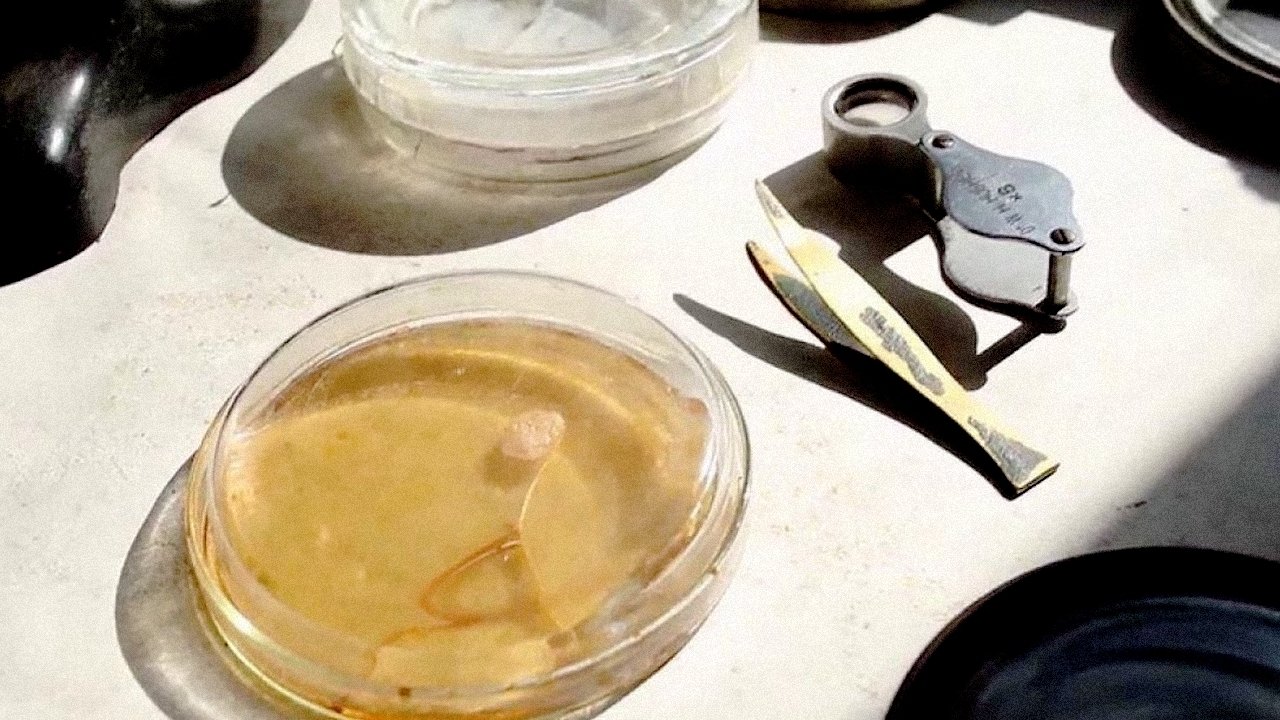
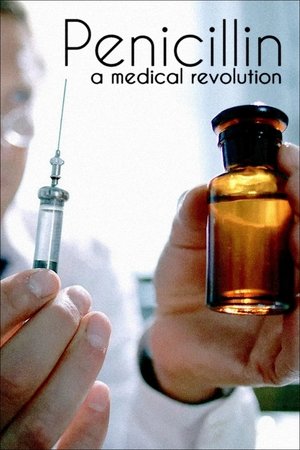
Penicillin: A Medical Revolution(2018)
In the summer of 1928, the Scottish physician Alexander Fleming discovered penicillin by accident, but it would take two more decades and a world war before he and others succeeded in producing the antibiotic in such large quantities as to eradicate the epidemics of the time: typhus, syphilis, gangrene and tuberculosis.


Movie: Penicillin: A Medical Revolution

Die Penizillin-Story
HomePage
Overview
In the summer of 1928, the Scottish physician Alexander Fleming discovered penicillin by accident, but it would take two more decades and a world war before he and others succeeded in producing the antibiotic in such large quantities as to eradicate the epidemics of the time: typhus, syphilis, gangrene and tuberculosis.
Release Date
2018-06-26
Average
0
Rating:
0.0 startsTagline
Genres
Languages:
EnglishDeutschKeywords
Similar Movies
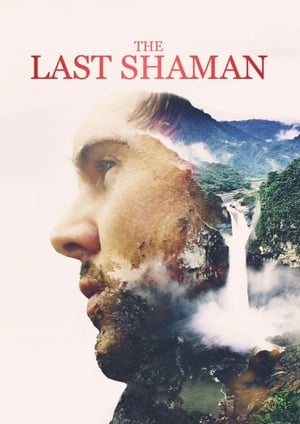 7.2
7.2The Last Shaman(en)
James, giving himself 12 months before he has "a license to kill himself," sets off to the Amazon rainforest with hopes of finding a shaman who can save his life.
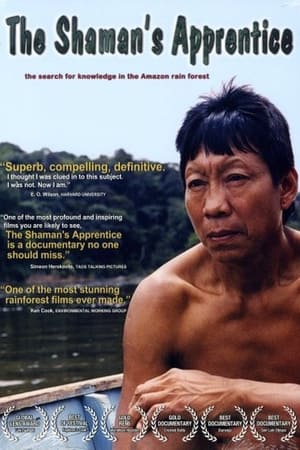 0.0
0.0The Shaman's Apprentice(en)
Scientist Mark Plotkin races against time to save the ancient healing knowledge of Indian tribes from extinction.
Counterfeit Culture(en)
Documentary - COUNTERFEIT CULTURE is a one-hour documentary that explores the dangerous and sometimes deadly world of fake products. An industry that once dealt in imitation designer handbags and shoes has exploded into a global epidemic of counterfeit pharmaceuticals, foods, toys, electronic goods, car parts and microchips. COUNTERFEIT CULTURE challenges consumers to take a deeper look at what appears to be harmless knock-offs at bargain prices. - Ann-Marie MacDonald, Tim Phillips, Todd Gilmore
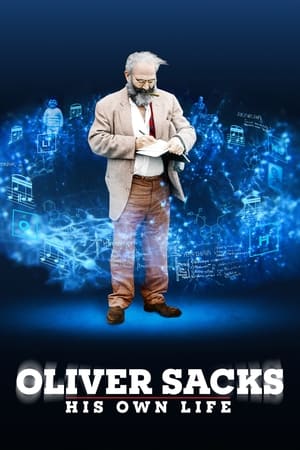 7.0
7.0Oliver Sacks: His Own Life(en)
Oliver Sacks: His Own Life explores the life and work of the legendary neurologist and storyteller, as he shares intimate details of his battles with drug addiction, homophobia, and a medical establishment that accepted his work only decades after the fact. Sacks was a fearless explorer of unknown mental worlds who helped redefine our understanding of the brain and mind, the diversity of human experience, and our shared humanity.
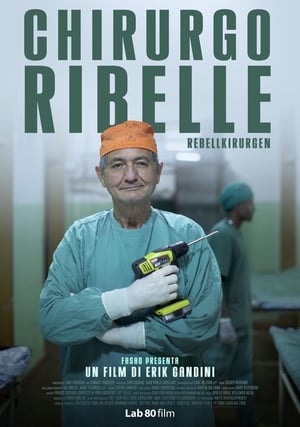 9.0
9.0The Rebel Surgeon(sv)
Portrayal of a surgeon who feels stifled by Swedish bureaucracy and relocates to Ethiopia to practice medicine. In a small field hospital, with limited resources, he uses anything at hand to help the patients.
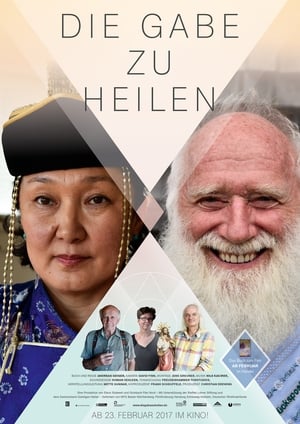 0.0
0.0Die Gabe zu heilen(de)
The film tells the stories of five people with special abilities who treat and heal their patients in an unconventional way. These charismatic healers from Germany, Austria and Switzerland are the subjects of this documentary which sets out to show how their old-school, arcane methods can serve as an addition to conventional, academic medicine.
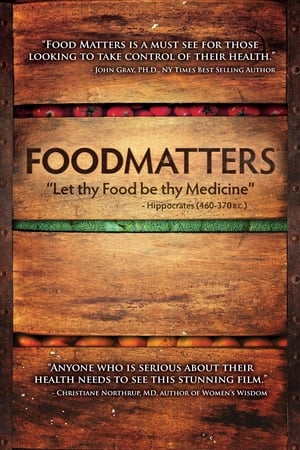 6.6
6.6Food Matters(en)
With nutritionally-depleted foods, chemical additives and our tendency to rely upon pharmaceutical drugs to treat what's wrong with our malnourished bodies, it's no wonder that modern society is getting sicker. Food Matters sets about uncovering the trillion dollar worldwide sickness industry and gives people some scientifically verifiable solutions for curing disease naturally.
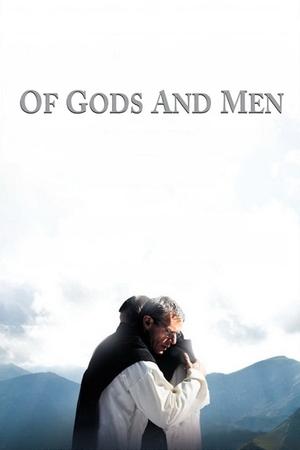 6.7
6.7Of Gods and Men(fr)
A group of Trappist monks reside in the monastery of Tibhirine in Algeria, where they live in harmony with the largely muslim population. When a bloody conflict between Algeria's army and Muslim Jihadi insurgents disrupts the peace, they are forced to consider fleeing the monastery and deserting the villagers they have ministered to. In the face of deadly violence the monks wrestle with their faith and their convictions, eventually deciding to stay and help their neighbours keep the army and the insurgents at bay.
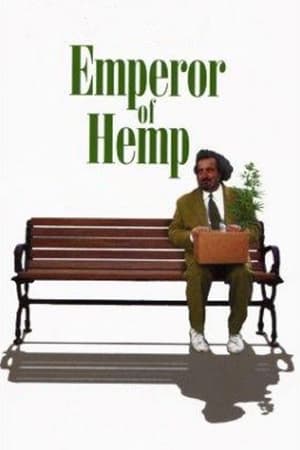 4.2
4.2Emperor of Hemp(en)
This documentary chronicles the life of Jack Herer and his struggle for awareness and enlightenment of cannabis sativa, a.k.a. marijuana or hemp. His research into this plant culminates in his writing The Emperor Wears No Clothes: The Official Hemp Bible. He has dedicated his life to educating people about the history and many utilizations of hemp, the conspiracy against it, and ending marijuana prohibition.
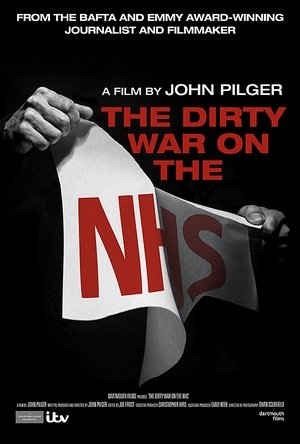 10.0
10.0The Dirty War on the NHS(en)
John Pilger unearths the hidden agenda behind the NHS crisis.
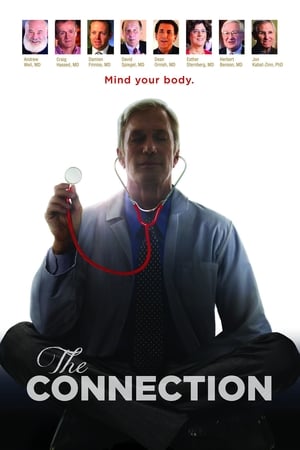 6.5
6.5The Connection(en)
The Connection is a film about how frontier research is proving that there is a direct connection between your mind and your health.
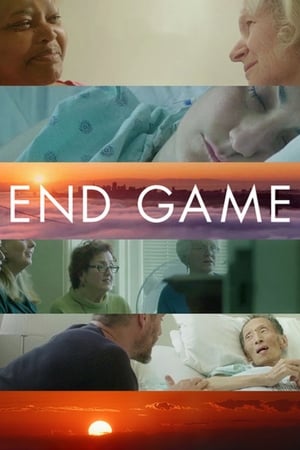 7.1
7.1End Game(en)
Filmed and edited in intimate vérité style, this movie follows visionary medical practitioners who are working on the cutting edge of life and death and are dedicated to changing our thinking about both.
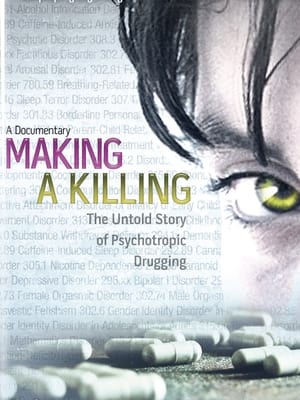 4.0
4.0Making a Killing: The Untold Story of Psychotropic Drugging(en)
Psychotropic drugs. It’s the story of big money-drugs that fuel a $330 billion psychiatric industry, without a single cure. The cost in human terms is even greater-these drugs now kill an estimated 42,000 people every year. And the death count keeps rising. Containing more than 175 interviews with lawyers, mental health experts, the families of victims and the survivors themselves, this riveting documentary rips the mask off psychotropic drugging and exposes a brutal but well-entrenched money-making machine. Before these drugs were introduced in the market, people who had these conditions would not have been given any drugs at all. So it is the branding of a disease and it is the branding of a drug for a treatment of a disease that did not exist before the industry made the disease.
 7.0
7.0What About ME?(en)
Inside the dramatic search for a cure to ME/CFS (Myalgic Encephalomyelitis/Chronic Fatigue Syndrome). 17 million people around the world suffer from what ME/CFS has been known as a mystery illness, delegated to the psychological realm, until now. A scientist in the only neuro immune institute in the world may have come up with the answer. An important human drama, plays out on the quest for the truth.
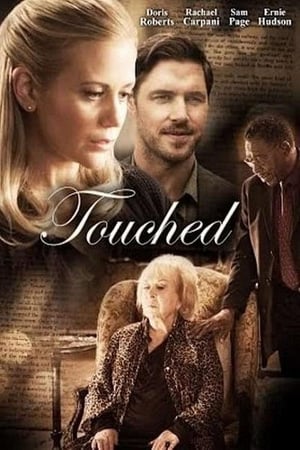 6.2
6.2Touched(en)
Acclaimed author and recluse Norma Boswell is reaching the end of her days. She has kept her terminal diagnosis secret from everyone around her, her housekeeper and gardener, as well as her estranged son, Justin. As her health continues to decline, her doctor insists it is time to bring in a live-in nurse at home. Stubbornly proud, Norma rejects every candidate for the job straight away. That is until she comes across Emma Keating, who refuses to take no for an answer and whole-heartedly agrees to keep Norma’s secret.
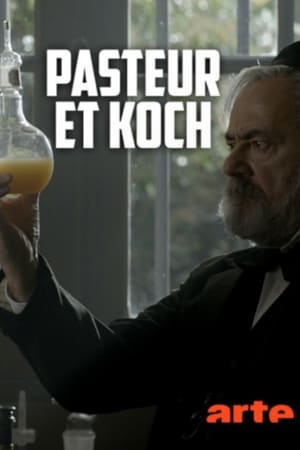 8.0
8.0Pasteur et Koch : Un duel de géants dans la guerre des microbes(fr)
Louis Pasteur and Robert Koch: great scientists, national icons, opponents in the service of research. One is a Frenchman and chemist and is already in the second half of his life. He is honored worldwide with numerous prizes for his discovery of the rabies vaccine. The other was a still unknown German country doctor in his 30s, whose discovery of the tuberculosis bacillus was later awarded the Nobel Prize for Medicine. From 1881, the two were bitter rivals. Their 20-year rivalry resulted in spectacular progress in the fight against deadly epidemics.
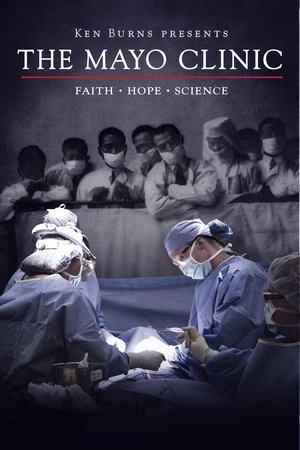 7.0
7.0The Mayo Clinic(en)
The Mayo Clinic tells the story of a unique medical institution that has been called a "Medical Mecca," the "Supreme Court of Medicine," and the "place for hope where there is no hope." The Mayo Clinic began in 1883 as an unlikely partnership between the Sisters of Saint Francis and a country doctor named William Worrall Mayo after a devastating tornado in rural Minnesota. Since then, it has grown into an organization that treats more than a million patients a year from all 50 states and 150 countries. Dr. Mayo had a simple philosophy he imparted to his sons Will and Charlie: "the needs of the patient come first." They wouldn't treat diseases...they would treat people. In a world where healthcare delivery is typically fragmented among individual specialties, the Mayo Clinic practices a multi-specialty, team-based approach that has, from its beginnings, created a culture that thrives on collaboration.
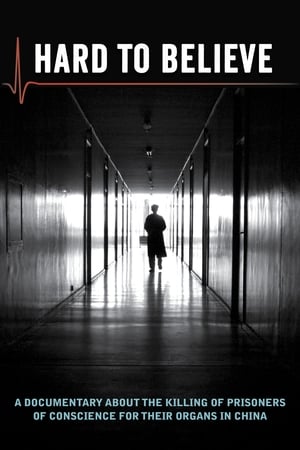 7.5
7.5Hard to Believe(en)
A documentary that examines the issue of forced live organ harvesting from Chinese prisoners of conscience, and the response - or lack of it - around the world. It's happened before: governments killing their own citizens for their political or spiritual beliefs. But it’s never happened like this. It’s happened so often that the world doesn’t always pay attention.
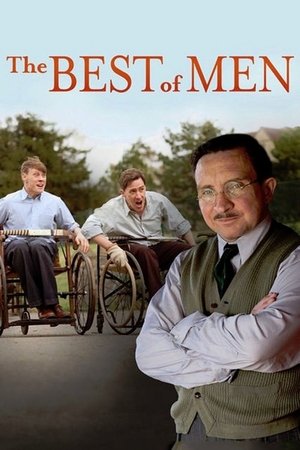 7.0
7.0The Best of Men(en)
Ludwig Guttmann, a renowned German neurosurgeon who fled Nazi Germany in the early days of WWII, takes a position at Stoke Mandeville Hospital in Buckinghamshire, England in 1944 and begins to transform the lives of his patients, paralyzed soldiers that have been written-off and who are facing death from neglect. A breakthrough comes when Dr. Guttmann introduces sport into their rehabilitation, a breakthrough that leads to the founding of the Paralympic Games.
 6.8
6.8Marie Curie, une femme sur le front(fr)
A chronicle of Nobel Prize winning physicist Marie Curie's little known yet invaluable contribution to wounded soldiers' treatment during World War I, and her professional partnership with radiotherapy pioneer Claudius Regaud.
